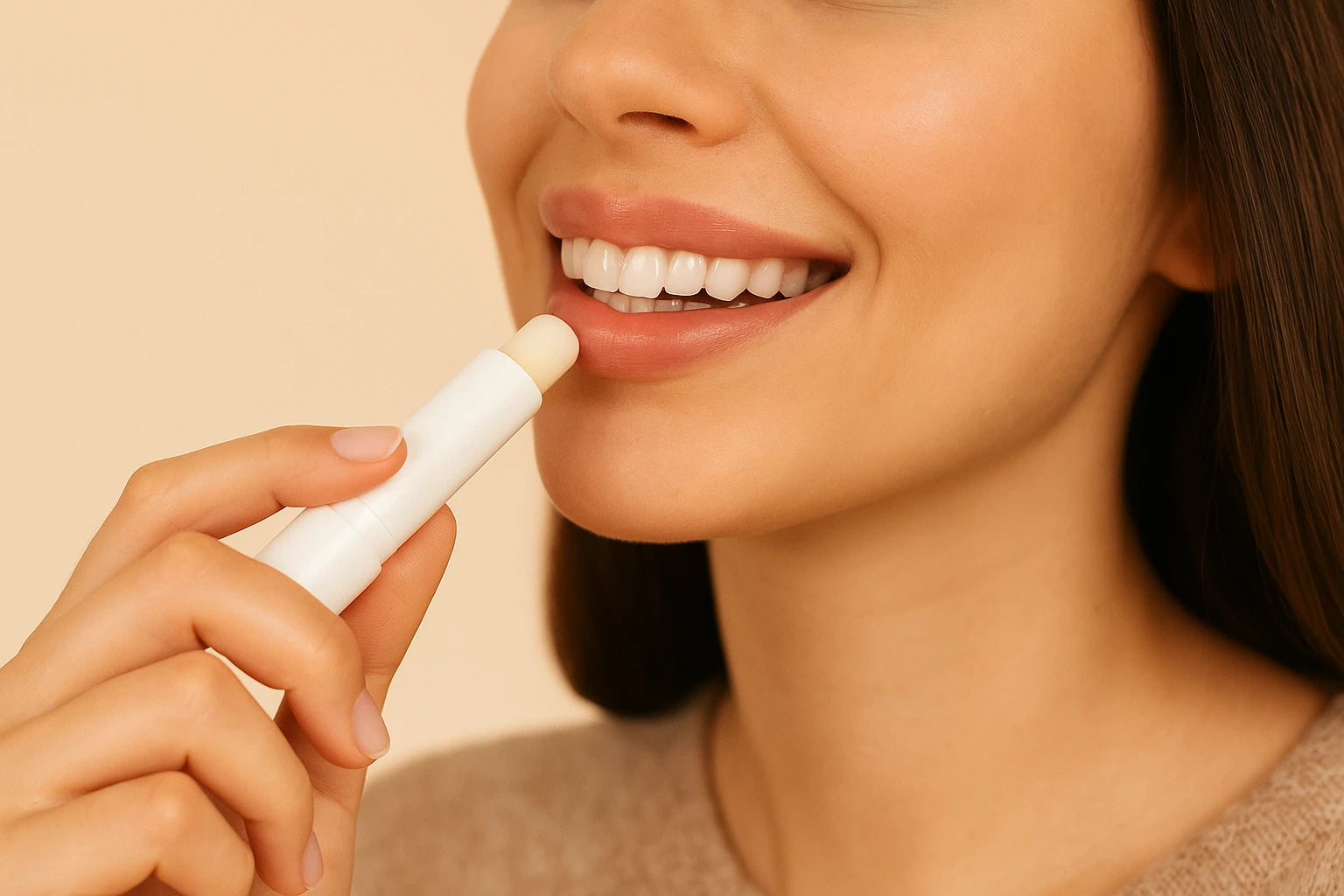Jardiance: Uses, Side Effects, and Potential Drug Interactions
Content:
- Introduction
- What is Jardiance?
- Why is Jardiance Used?
- How Does Jardiance Work to Fight Diabetes?
- What is the Recommended Dosage of Jardiance?
- What are the Potential Side Effects of Jardiance?
- Does Jardiance Interact with Other Medications?
- Is Jardiance a Safe Alternative to Other Diabetes Medications?
- What Should I Do If I Miss a Dose of Jardiance?
- Does Using Jardiance Affect Overall Health?
- What are the Storage and Handling Instructions for Jardiance?
- When Should You Consult a Doctor?
Introduction
Type 2 diabetes is one of the most widespread chronic diseases worldwide, requiring effective treatment to manage blood sugar levels and prevent associated complications such as heart and kidney diseases. With modern medical advancements, a class of medications has emerged that works through an innovative mechanism, enabling the body to eliminate excess sugar naturally via the kidneys. This helps improve blood sugar control and enhances overall patient health.
What is Jardiance?
Jardiance (Empagliflozin) is a medication used to treat type 2 diabetes. It contains the active ingredient empagliflozin, which belongs to a class known as SGLT2 inhibitors (sodium-glucose co-transporter 2 inhibitors). This relatively new class of diabetes medications has been shown to effectively reduce blood sugar levels, while also offering benefits in supporting heart and kidney health for some patients.
Jardiance is commonly available in 10 mg and 25 mg tablets, with each pack containing 30 tablets. It is used alongside a healthy diet and regular exercise.
Why is Jardiance Used?
Jardiance is prescribed for adults with type 2 diabetes who cannot control their blood sugar levels through diet and exercise alone.
The medication lowers blood sugar through a mechanism different from most other diabetes drugs, making it an effective additional option when enhanced glucose control is needed.
Clinical studies have shown that empagliflozin may reduce the risk of death from heart disease and improve kidney function in patients with type 2 diabetes who also have heart or kidney problems.
It is important to note that Jardiance is not used to treat type 1 diabetes, as it may increase the risk of diabetic ketoacidosis (DKA). This occurs when the body lacks enough insulin, preventing glucose from entering the cells for energy. As a result, the body breaks down fat for energy, producing ketones. Excess ketones in the blood make it very acidic, leading to a dangerous condition known as diabetic ketoacidosis.
How Does Jardiance Work to Fight Diabetes?
Jardiance works differently from most diabetes medications that rely on stimulating insulin or increasing the body’s sensitivity to it.
It targets a protein called SGLT2 in the kidneys, which is responsible for reabsorbing glucose back into the bloodstream after filtration.
By inhibiting this protein, Jardiance allows excess glucose to be excreted through urine instead of returning to the blood, naturally lowering blood sugar levels without increasing insulin secretion.
Additionally, losing glucose through urine also results in losing some calories, which can support modest weight loss and help reduce blood pressure in some patients. These benefits make Jardiance a valuable option for diabetic patients who are overweight or have hypertension.
What is the Recommended Dosage of Jardiance?
Dosage varies depending on the patient’s condition and response to treatment, so it is crucial to follow the doctor’s instructions carefully.
The typical starting dose is 10 mg once daily, which may be increased to 25 mg once daily if better glucose control is needed.
It is recommended to take the tablet in the morning, with or without food.
If you are taking other diabetes medications such as insulin or sulfonylureas, your doctor may need to adjust your dose to prevent excessively low blood sugar.
What are the Potential Side Effects of Jardiance?
Like any medication, Jardiance may cause side effects, though not everyone experiences them.
Common side effects include:
- Increased urination
- Genital fungal infections (more common in women)
- Urinary tract infections
- Thirst and dry mouth due to fluid loss
- Low blood pressure, especially in patients on diuretics
Rare but serious side effects include:
- Swelling of the face, lips, tongue, or throat, which may cause difficulty breathing or swallowing (serious allergic reaction)
- Diabetic ketoacidosis (DKA), a medical emergency causing nausea, vomiting, and abdominal pain
- Severe kidney or urinary infections
- If any of these serious symptoms occur, stop taking the medication and consult your doctor immediately.
Does Jardiance Interact with Other Medications?
Yes, Jardiance can interact with certain medications, which may affect its effectiveness or increase the risk of side effects.
Key interactions include:
- Diuretics: increase the risk of dehydration and low blood pressure
- Insulin or sulfonylureas: may cause significant low blood sugar when used together; dose adjustment may be required
- Some blood pressure medications or strong diuretics: may require kidney function monitoring
It is essential to inform your doctor about all medications and supplements you are taking before starting Jardiance.
Is Jardiance a Safe Alternative to Other Diabetes Medications?
Jardiance is not a direct replacement for all diabetes medications, but it is considered a safe and effective add-on therapy in many cases.
It does not cause weight gain or severe low blood sugar when used alone and has been shown to protect heart and kidney health, making it suitable for patients with coexisting chronic conditions.
However, only a doctor can determine if this medication is the best option based on kidney and liver function and overall health.
What Should I Do If I Miss a Dose of Jardiance?
If you miss a dose of Jardiance, take it as soon as you remember, unless it is close to your next scheduled dose.
In that case, skip the missed dose and continue with your regular schedule.
Do not take two doses at once to make up for the missed dose, as this could lead to low blood sugar, increased urination, or dehydration.
Consistency in taking the medication at the same time each day is important for optimal effectiveness.
Does Using Jardiance Affect Overall Health?
When used at the prescribed dose and under medical supervision, Jardiance does not negatively affect overall health.
On the contrary, studies indicate it can improve heart and kidney health and reduce hospitalization risk due to heart failure.
However, ongoing fluid loss may lead to dehydration if sufficient water intake is not maintained, especially in hot weather or during exercise. Staying properly hydrated is always recommended.
What are the Storage and Handling Instructions for Jardiance?
- Store at room temperature (20–25°C / 68–77°F)
- Keep away from moisture, heat, and direct sunlight
- Do not store in the refrigerator or bathroom
- Keep out of reach of children
- Do not use after the expiration date printed on the package
- Proper storage preserves the medication’s effectiveness and prevents degradation of its active ingredient.
When Should You Consult a Doctor?
Seek medical advice immediately if you experience:
- Allergic reactions such as facial swelling or difficulty breathing
- Signs of diabetic ketoacidosis, including severe nausea, abdominal pain, or rapid breathing
- Significant reduction in urine output or severe dehydration symptoms
- Serious kidney or urinary tract infections
- Pregnancy, planning to become pregnant, or breastfeeding
Regular monitoring, including HbA1c and kidney function tests, is essential for safe and effective treatment.
Conclusion
Jardiance is an effective medication for type 2 diabetes, working by preventing glucose reabsorption in the kidneys and naturally lowering blood sugar. It offers additional benefits such as heart and kidney protection, as well as potential improvements in weight and blood pressure.
However, it should always be used under medical supervision, with adherence to prescribed doses and regular monitoring of kidney function and blood pressure. Awareness of potential side effects, such as urinary or genital infections and dehydration, is important.
By following medical guidance and reporting any unusual symptoms promptly, patients can maximize the benefits of Jardiance safely and effectively.




